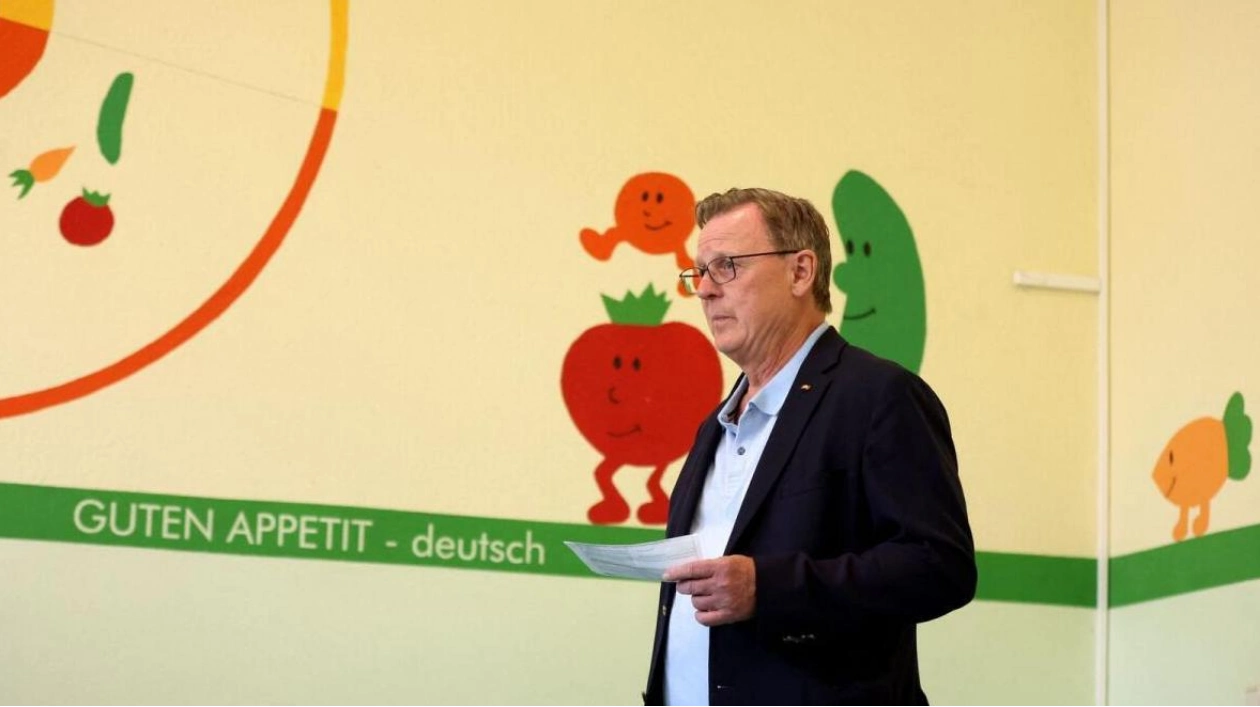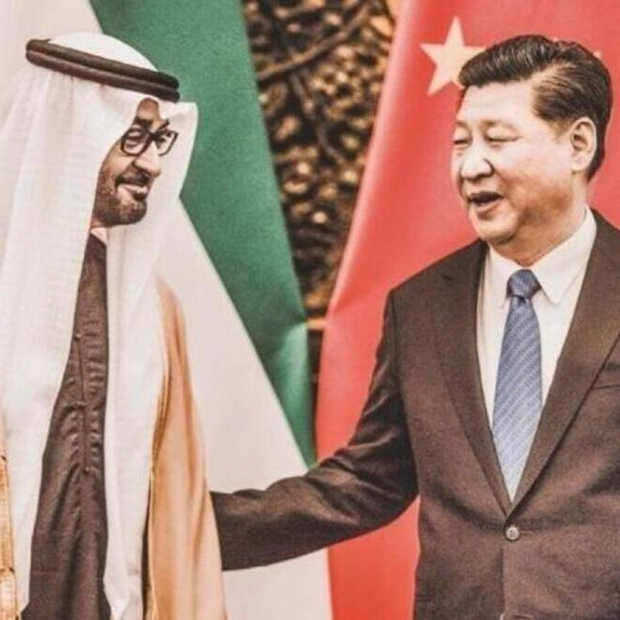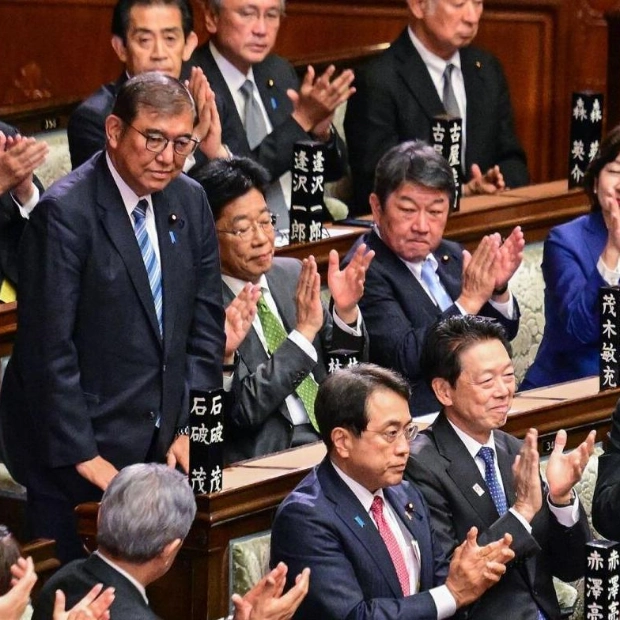On Sunday, Germans in two eastern states were casting their votes, with the far-right AfD poised to secure a victory in a state election for the first time. This comes as Chancellor Olaf Scholz's coalition faces a potential setback just a year ahead of federal elections. The Alternative for Germany (AfD) is leading in Thuringia with 30% of the votes and is closely matched with the conservatives in Saxony at 30-32%. This would be the first instance since World War II where a far-right party holds the majority in a German state parliament.
Despite a potential win, the 11-year-old AfD is unlikely to form a state government due to its lack of a majority and the refusal of other parties to collaborate. However, a strong performance by the AfD and the newly formed Sahra Wagenknecht Alliance (BSW), a populist party, could complicate the formation of coalitions. 'I just hope that we get a coalition that is democratic and not right-wing at the end,' remarked Naila Kiesel after voting in Jena, Thuringia. Polls close at 6pm (1600 GMT), with initial exit surveys to be released thereafter.
Both the AfD and BSW are anti-migration, eurosceptic, and pro-Russia, with significant support in the former Communist-run East, where issues like the cost of living crisis, the Ukraine war, and immigration are deeply felt. A recent stabbing spree in Solingen heightened concerns about immigration and criticized the government's handling of the issue. The AfD's leader in Thuringia, Bjoern Hoecke, highlighted the perceived threat to freedoms due to immigration during a campaign event in Nordhausen.
All parties in Scholz's federal coalition are expected to lose votes, with the Greens and liberal Free Democrats likely failing to reach the 5% threshold for parliament entry. The coalition's ideological heterogeneity and internal conflicts are contributing to public discontent. Analysts predict that the state elections could intensify these tensions.
The BSW, which aligns itself as socially conservative and economically left-wing, has rapidly gained popularity since its inception in January, posing a significant challenge to Scholz's centre-left Social Democrats. The party could secure up to 12-20% of the votes, potentially placing it in a pivotal role in the state governments. Its foreign policy stance makes it an unlikely partner for mainstream national parties.
Together, the AfD and BSW are expected to garner 40-50% of the votes in the two states, compared to 23-27.5% nationally, underscoring the persistent East-West divide over 30 years post-reunification. Eastern Germany shows lower party allegiance, greater affinity with Russia, and skepticism about democratic structures, despite economic improvements and significant investments in sectors like chipmaking and electric cars.






